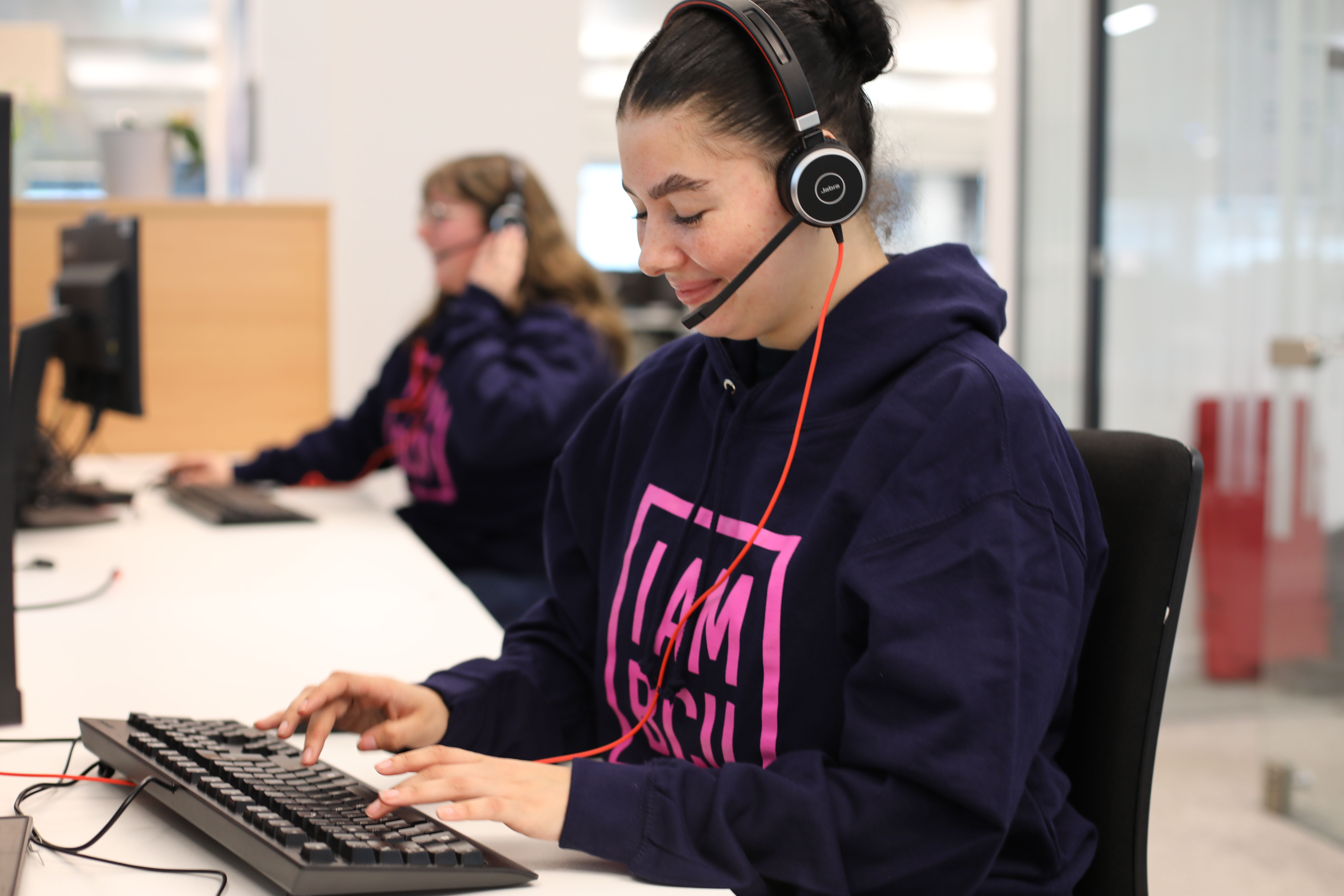Five ways to prepare for your Computing degree
Not sure on what to do between now and starting university? Want some guidance on how to prepare for your starting your course? Give yourself that head start by going through our top recommendations below and you’ll be ready to start uni in no time!
1. Revamp your social media follow list
Turn browsing social media into a learning tool! If you’re not already, make sure you’re following relevant BCU pages, and some of the industry giants in your field. Companies Cisco and Microsoft are a great place to start.
Top tip - look for experts and analysts that share information in your personal learning style. Visual learner? Seek out experts that use plenty of infographics. Once keeping up with industry developments is part of your daily routine, you’ll begin picking up plenty of knowledge that will inform your studies, and beyond!
2. Develop your skills with Microsoft Learn
Grow your confidence and your skills with Microsoft Learn. Take some time to browse and choose from the wide range of topics across computing. You’ll also find comprehensive documentation for developers, IT administrators through tutorials and code examples.
Microsoft Learn is free and aims to help you become proficient on Microsoft technologies with fun, guided, hands-on, interactive content that's specific to your role and goals. You will find role based training and learning paths for a range of careers.
3. Update your LinkedIn profile
LinkedIn is a global social media app that is used for professional networking with a plethora of employers from all different sectors and organisations. If you haven’t already, we recommend building a LinkedIn profile.
You’ve probably heard of the importance of networking, especially when you’re new in the industry. Luckily, LinkedIn makes networking easy. Spending some time to work on your profile and CV will help you become more visible and build contacts. Connect with your peers and be one of the first to find out about new job opportunities and industry insights.
4. Podcasts and Audiobooks
Are you more of an auditory learner? Then find a podcast or an audiobook that interests you the most. With one quick search you’ll be able to find the right podcast for you. Whether you’re interested in interviews with some of the biggest industry juggernauts or an analysis of something more technical use Apple podcasts or Spotify to find the right one for you.
Audible is offering a 30 day free trial so why not make the most of this by finding an autobiography of someone whose career you admire, or perhaps something more technical.
5. Amazon and Google Digital Garage E-learning
Amazon is not only for boxsets and free deliveries, they also provide e-learning courses. As well as e-Learning resources you’ll also find a range of videos to help you stay up to date. All are categorised by skill level and language.
You can also sharpen your skills with Google Digital Garage. Discover a range of free learning content created by Google and cover a variety of topics. You can choose to learn by selecting individual modules or take the entire course end to end. Some modules can be completed in less than an hour, and some courses will provide you with a certificate which you can pop on your CV and use to help you update your task on day 5.
We hope you found this useful in preparing to study for a career in computing. Keep in touch with us on Twitter and Facebook to ask us any questions you might have, or share your challenge success.

